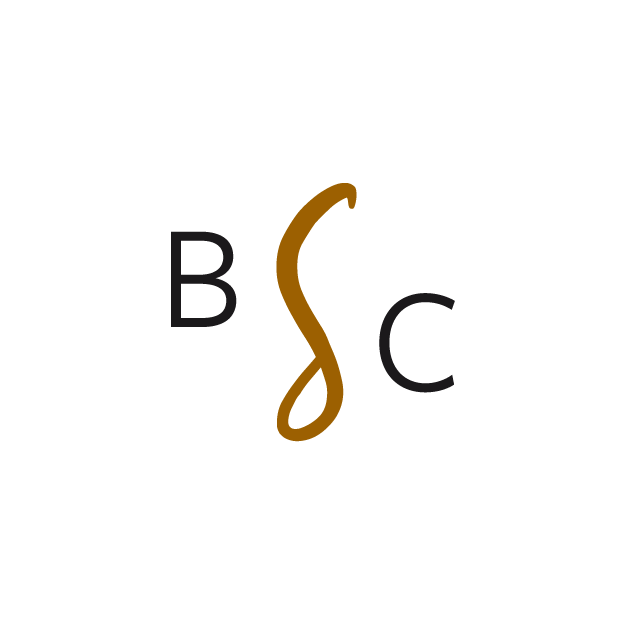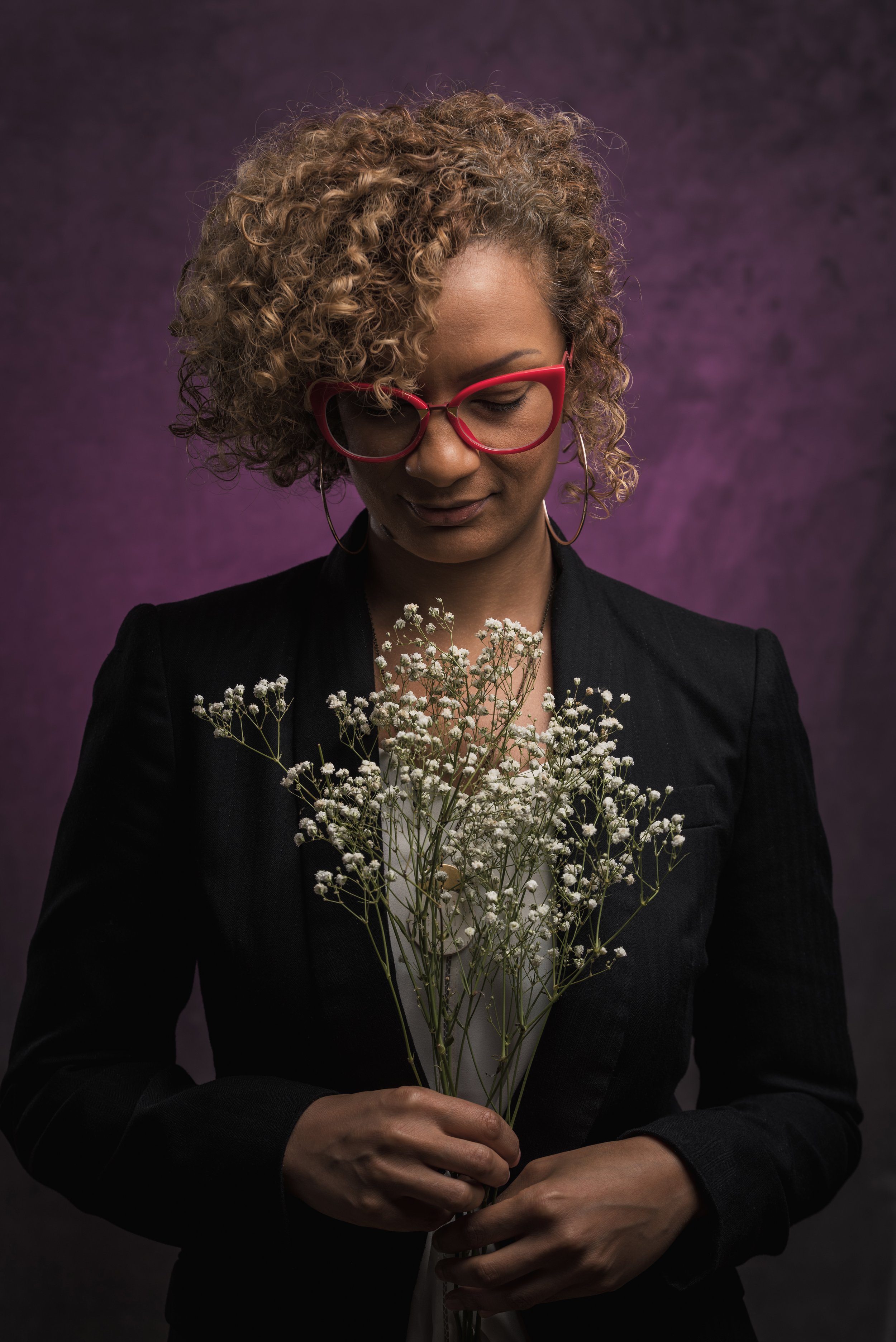Community Care: A Gentle Entry Into Safely Moderating Events by Chelene Knight
Writing is hard enough, but showing up in the world, talking about your book or piece of writing is a huge act of trust and we need to feel safe when up on that literal and metaphorical stage. Showing up and talking about our work is so much more than just getting up there, reading, and answering questions. With every book, every event, every interview, we give a piece of ourselves away, and we often have to find ways to replenish our wells. If we are not full as creators (and yes, you can include financially full too) we cannot abundantly be ourselves and hold space and contribute to our communities. We can’t show up empty.
So how can event organizers do their best to ensure that writers show up to as safe a space as possible? How can event organizers encourage self-care by asking authors what their specific needs are and then going out of their way to deliver or at the very least create a space where authors feel open enough to share? It’s not easy, I know. As a previous festival director I cannot even begin to tell you how difficult this work was. I enjoyed the heck out of it, but without adequate resources, tools, funding, and when you rely heavily on volunteers … friends, there are just so many moving parts and often care and accessibility fall off!
But this doesn’t mean that we can’t make small, important movements to help us all get a bit closer to true inclusivity as it relates to author care. This goes above and beyond race, gender, and all the intersectional boxes so many of us have had to check, uncheck, and check again. What about writers who are parents, identify as having anxiety, depression, introversion and more? Can we create spaces based on authors feeling safe enough to share what it is they need? Self-care is community care.
I’ll say that again: Self-care is community care.
I’ve had my share of events that left me feeling empty, bare, and even depressed. But I’ve also had the privilege of taking part in events so riddled with care, love, and intention, and it's these events that I want to pull from. I want to take what they did right, and use this to create some helpful tips as inspiration and encouragement for others to just do better. The best way to approach this is to focus on ONE aspect of events and work forward. Let's look at moderating panels.
Organizers need to be clear about WHO they are inviting
I think you all know who I am at this point and that I wear many hats. When I show up for an event I need to know first off which hat I am expected to wear. Event organizers need to be clear too. I can’t tell you how many times I was invited into a space as an author, and then pummeled with questions about being an agent. It takes time, planning, and energy to shift into different roles and it’s important that I am firm with this too. Also, sometimes I want to prioritize certain roles, so knowing in advance becomes a key part of helping the person make informed decisions.
Recognize that moderating is an art
Nowadays, I am very strategic about the events I say yes to and wherever possible, I want to know who that moderator is. I consider moderating panels to be akin to conducting an orchestra. Panels are not a space where the moderator takes up all the air, nor are panels an opportunity for one panelist to go on a long winded monologue. The moderator's job is to guide the conversation, make sure everyone gets a chance to speak, and to also be willing to pivot and change course if the conversation is moving in a new exciting direction. The moderator can truly show they are listening by echoing what a panelist just said and using that tidbit as a catalyst for a new direction. An art, ya’ll!
Develop and share a rubric for choosing your moderators
All event organizers should develop a rubric for helping them select moderators. Not all readers or even hosts make good moderators. I don’t moderate often because to me, it’s something I would want to dedicate a LOT of time to, so if I do not have adequate time to prepare, read everyone’s books, research the authors and learn about what makes them feel safe on panels, I often decline.
Your rubric can include:
making sure the moderator has the time/capacity to read all authors' books.
exhibits strong communication and will check in with authors to get to know their needs and what they actually want to talk about
has a track record of moderating similar events
good at orchestrating: can they make sure the less talkative folks get space?
good at pivoting: can they change the direction of the conversation if it needs shifting?
can they step back and let the authors take up the space they are there to take up?
can they interject when the audience contributes in a not so positive way?
can they pick up on body language?
At Breathing Space Creative and in my previous role as an agent, I am 100 percent committed to author care. There’s no debating this. I stand behind author care. In fact, Breathing Space Creative is now building an author care course, working as an author care consultant for publishers, and as founder, I am even writing an author care guided journal. That’s how much I believe in care. And because all of my hats are helping me speak to the same purpose, I see my work as one job, one role. Folks often try to separate them or say “you’re doing too much.” I laugh at that because if providing author care is “doing too much”, y'all we have some serious learning and unlearning to do in the publishing industry. I love that this conversation around author care is happening, I am here for it.
Chelene Knight is the founder of Breathing Space Creative. She is a writer, editor, and previously worked as a literary agent.
Three ways to work with Breathing Space Creative:

